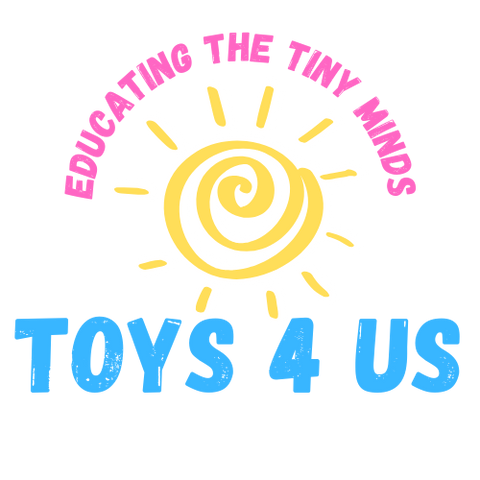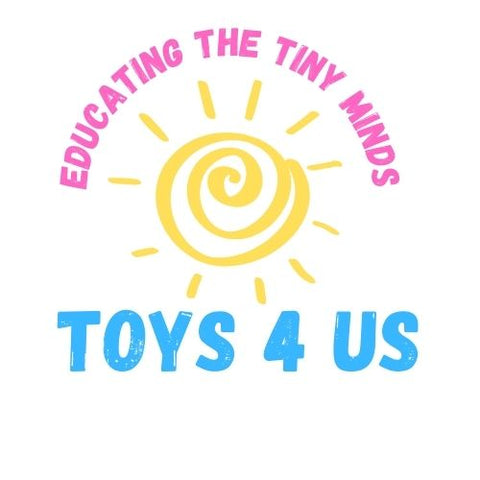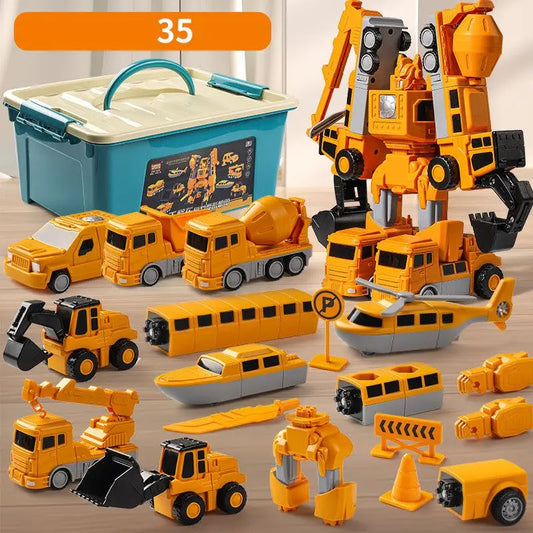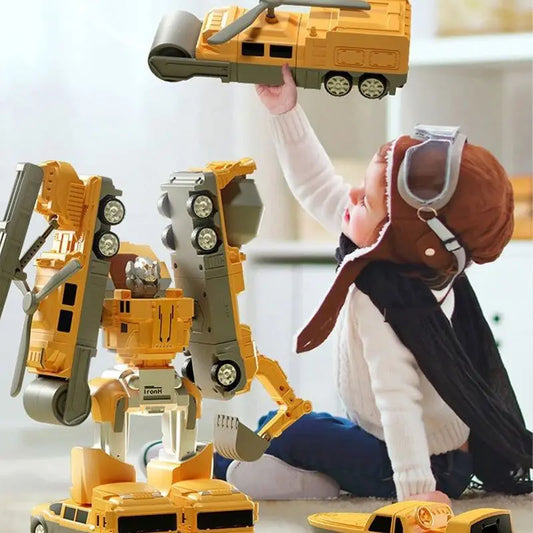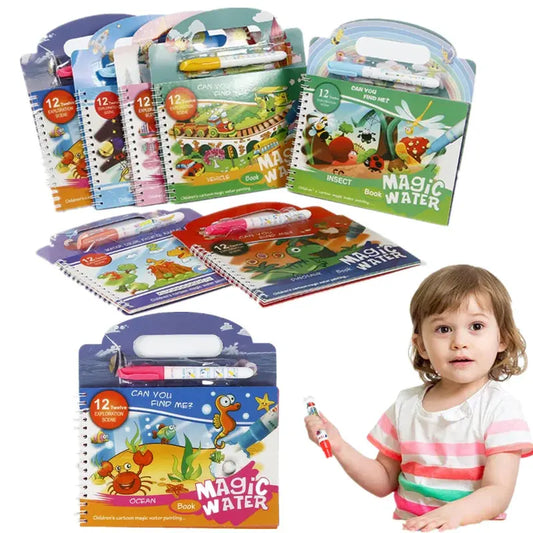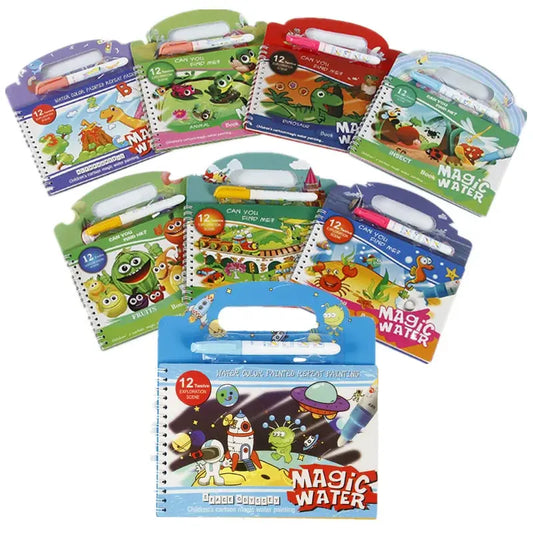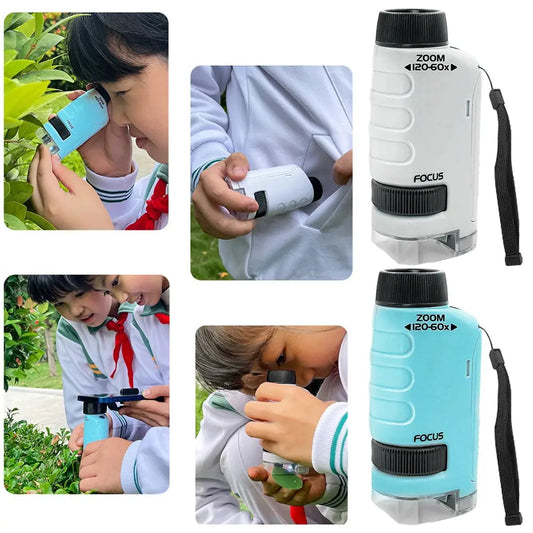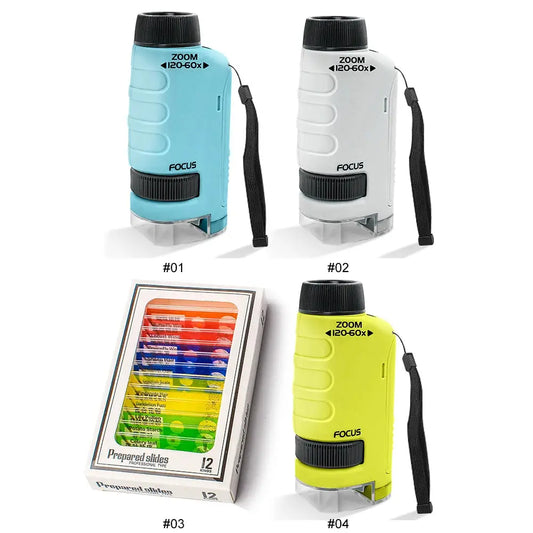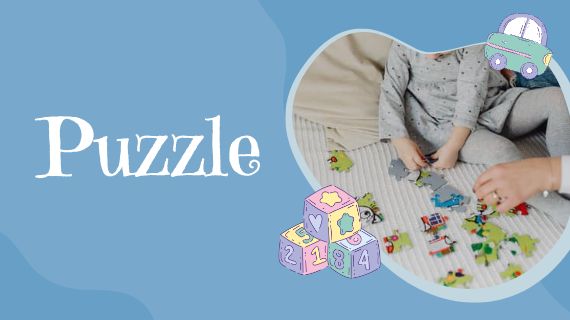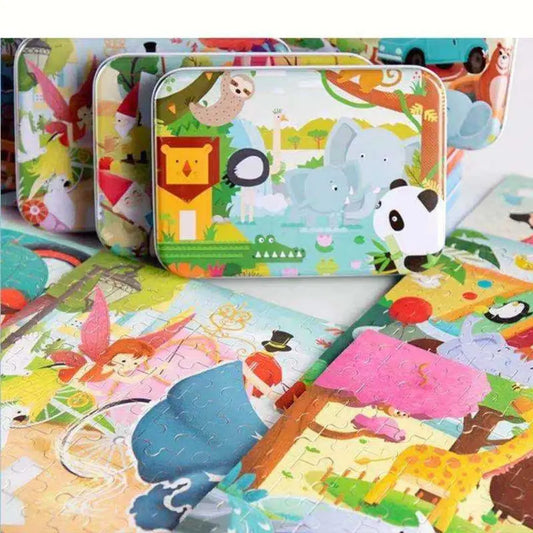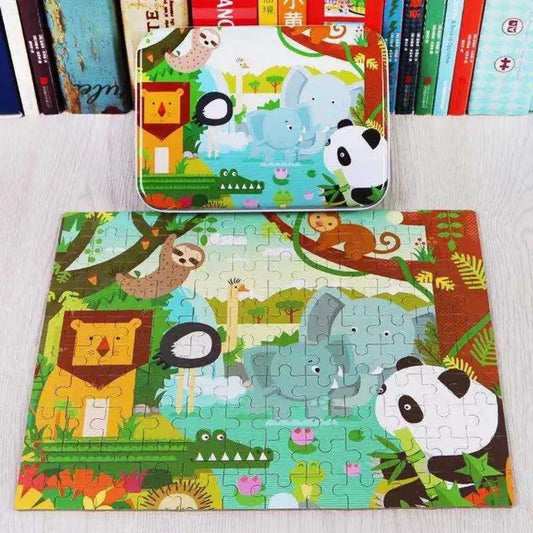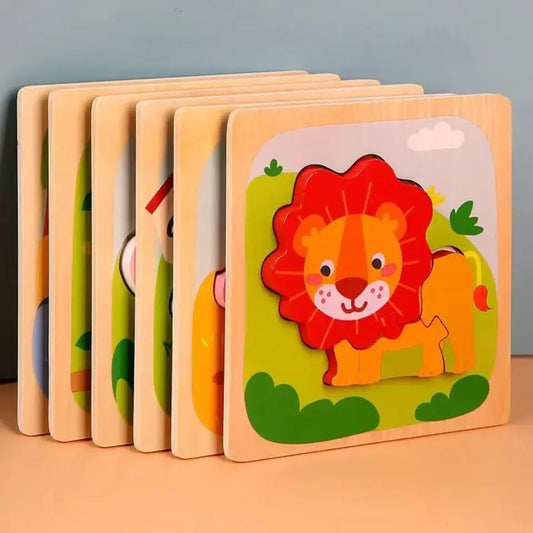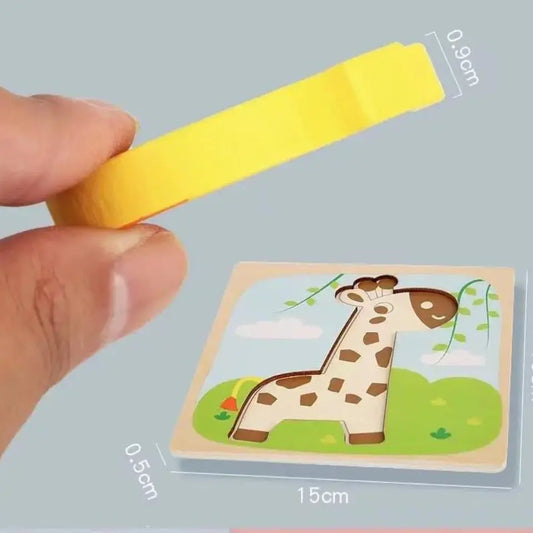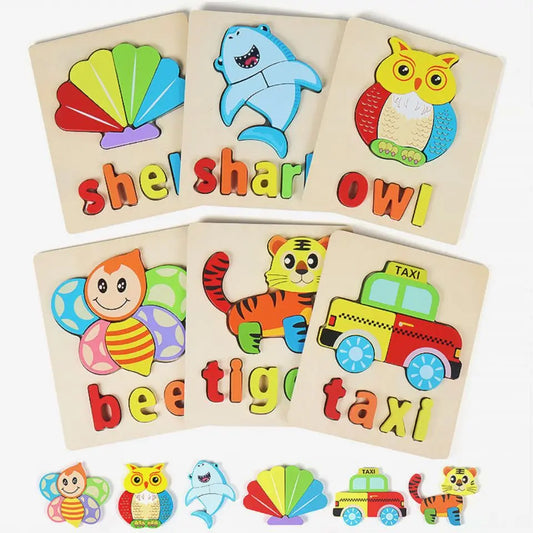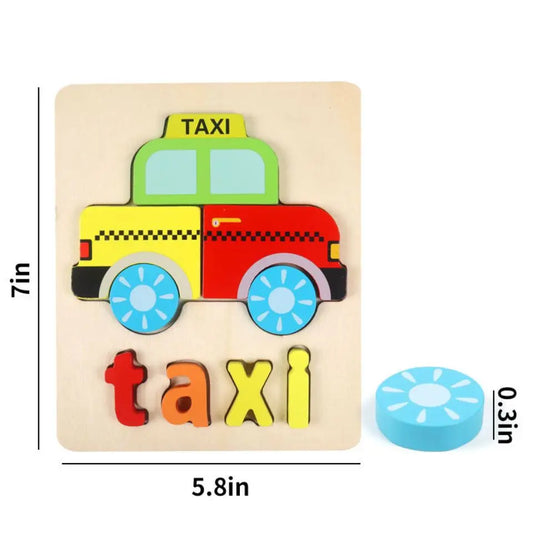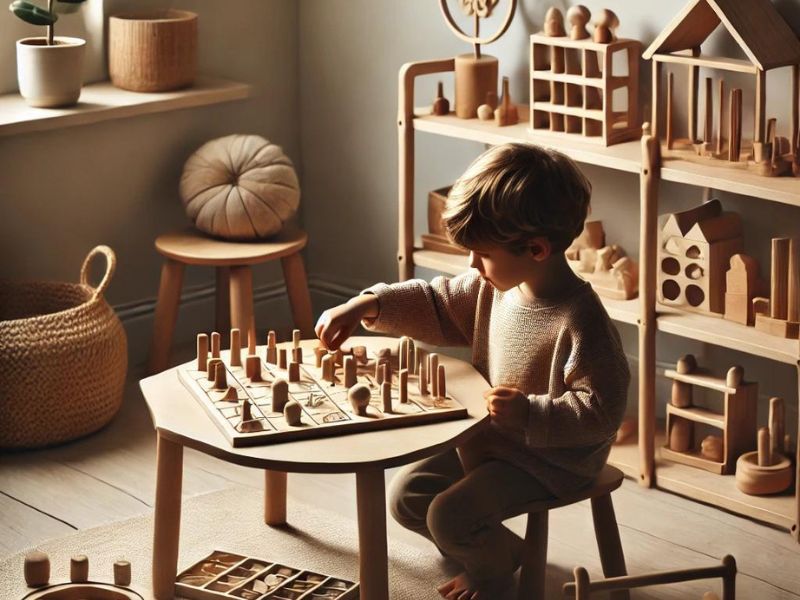How Montessori Toys Promote Independent Learning, Montessori toys have become a popular choice for parents and educators in Australia who want to encourage independent learning in children. These toys are designed to align with the Montessori educational approach, which emphasizes hands-on learning, self-directed activity, and problem-solving. In this Guide to Montessori Toys in Australia, we will explore Why Montessori Toys are Perfect for promoting independence in children and how they help develop essential life skills. With a variety of Montessori Toys Australia offers, parents are increasingly turning to these toys to foster a child’s ability to learn and explore the world around them.
One of the key features of Montessori toys is their simplicity. These toys are designed to engage children in meaningful activities that stimulate their curiosity and encourage them to solve problems on their own. By using Montessori toys, children are not just entertained but are also learning how to think critically and make decisions. From puzzles and stacking toys to practical life tools, these toys allow children to develop their physical, cognitive, and emotional skills at their own pace, without the need for constant adult guidance.
1. Encouraging Problem-Solving and Critical Thinking
One of the most important ways Montessori toys promote independent learning is by encouraging children to solve problems on their own. These toys are intentionally designed to challenge a child’s mind, requiring them to figure out how to interact with the toy without the need for direct instruction or guidance from an adult.
For example, puzzles are a classic Montessori toy that promotes critical thinking and problem-solving. When a child works with a wooden puzzle, they must use observation and logic to determine how the pieces fit together. The absence of overwhelming stimuli in Montessori toys, such as flashing lights or sound effects, allows children to concentrate fully on the task at hand, building their cognitive abilities and encouraging perseverance.
Other Montessori toys, such as stacking rings and shape sorters, also challenge children to understand spatial relationships and develop fine motor skills. These toys present opportunities for trial and error, helping children develop resilience and a deeper understanding of cause and effect.

2. Building Confidence Through Self-Directed Play
Montessori toys are designed to give children the freedom to explore and learn at their own pace. This sense of autonomy is crucial for building confidence and self-esteem. When children are able to complete a task or solve a problem independently, they feel a sense of accomplishment that boosts their confidence in their abilities.
For instance, practical life toys—such as child-sized kitchen sets, gardening tools, or dressing frames—allow children to practice real-life skills on their own. Whether they are pouring water, buttoning a shirt, or preparing a snack, these activities give children the confidence to handle everyday tasks without adult intervention.
By providing toys that allow for independent play, parents and educators empower children to take control of their learning. This builds not only their confidence but also a lifelong love of learning, as they come to see challenges as opportunities to grow.

3. Fostering Independence and Responsibility
Another major benefit of Montessori toys is that they teach children to take responsibility for their learning environment. In a Montessori-inspired space, toys are arranged on low shelves that are easily accessible to children. This encourages children to choose their own activities and put toys away once they are done playing.
The concept of “freedom within limits” is central to Montessori education, and Montessori toys support this idea by allowing children to make decisions within a structured environment. For example, if a child is given a choice between several toys, they must decide which activity they want to engage with and focus on that task until it is completed. This practice helps children develop self-discipline and a sense of responsibility for their own learning.
Toys like Montessori cleaning sets or miniature brooms and mops also help children contribute to maintaining their environment. Through activities like sweeping the floor or watering plants, children learn that they are capable of contributing to their surroundings, fostering a sense of independence and accountability.

4. Encouraging Concentration and Focus
In a world filled with distractions, Montessori toys offer a refreshing alternative that encourages deep concentration and sustained focus. These toys are designed to engage a child’s mind in a way that requires thoughtful interaction. Whether it’s threading beads, building with blocks, or working on a puzzle, Montessori toys demand the child’s full attention.
By engaging in activities that require concentration, children develop the ability to focus on a task for longer periods of time. This is an important skill that will benefit them not only in school but also in all areas of life. Concentration is closely linked to the ability to work independently, as children learn to block out distractions and focus on the task at hand.
The repetitive nature of many Montessori toys, such as stacking blocks or threading toys, further encourages concentration. Repetition allows children to refine their skills and focus on the details of the activity, helping them master new skills through practice.

5. Supporting Physical Development and Fine Motor Skills
Montessori toys are not only beneficial for cognitive development—they also play a crucial role in supporting physical development, particularly in the area of fine motor skills. Many Montessori toys are designed to help children develop the hand-eye coordination and finger dexterity needed for tasks like writing, drawing, and manipulating objects.
For example, toys such as threading beads, pegboards, and building blocks require children to use their fingers to grasp, move, and manipulate small objects. These activities help strengthen the muscles in their hands and fingers, improving their ability to perform delicate tasks. As children practice these skills on their own, they become more confident in their physical abilities.
Gross motor skills, which involve larger movements such as balance and coordination, are also supported by Montessori toys like balance boards, climbing frames, and practical life activities such as sweeping or washing. These toys encourage physical activity while allowing children to develop their coordination and control in a safe, structured environment.
Why Montessori Toys Are Essential for Independent Learning
Montessori toys are essential for promoting independent learning because they empower children to take control of their education. By providing toys that encourage exploration, creativity, and problem-solving, parents and educators can help children build the skills they need to succeed both in and out of the classroom.
These toys are intentionally simple, focusing on functionality and purpose, allowing children to fully engage with the task at hand. The result is a more meaningful learning experience, one in which the child is an active participant rather than a passive observer.
Conclusion
Montessori toys are more than just educational tools—they are powerful resources that promote self-directed learning, independence, and confidence in children. By engaging with these toys, children develop critical thinking skills, problem-solving abilities, and physical coordination, all while building a strong foundation for lifelong learning.
Incorporating Montessori toys into your child's daily routine encourages them to explore their world and learn at their own pace, fostering a love of learning that will benefit them throughout their lives. By choosing Montessori toys, you are supporting your child's growth into a confident, capable, and independent learner.
